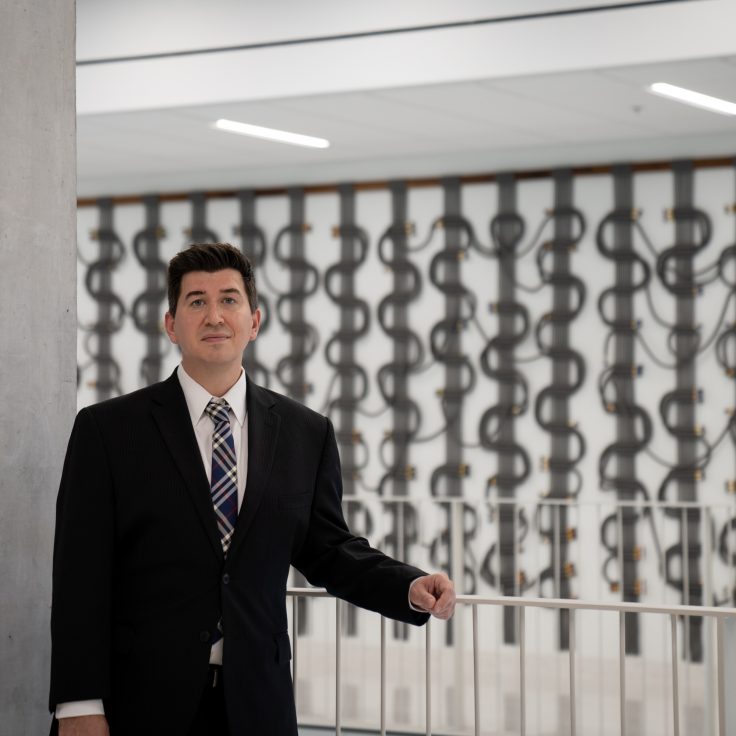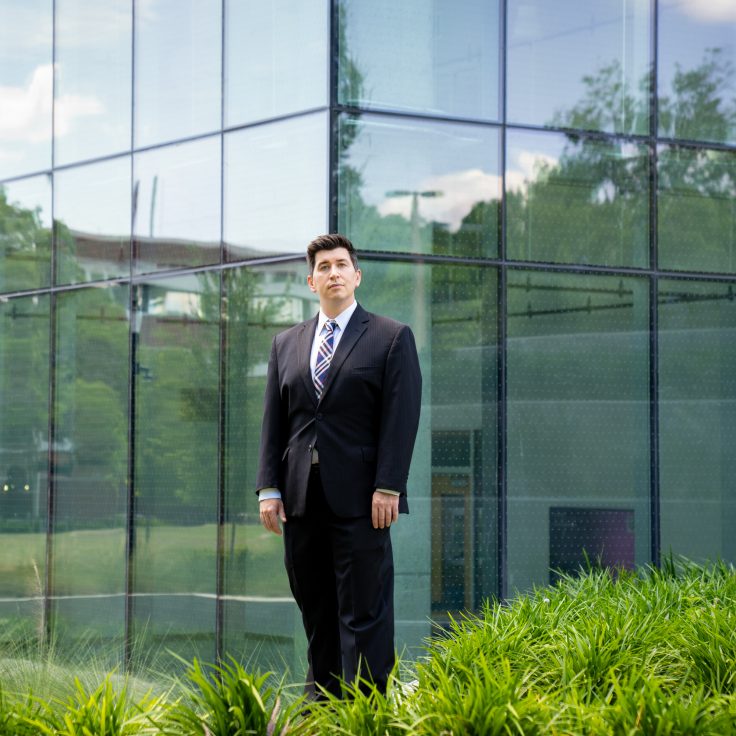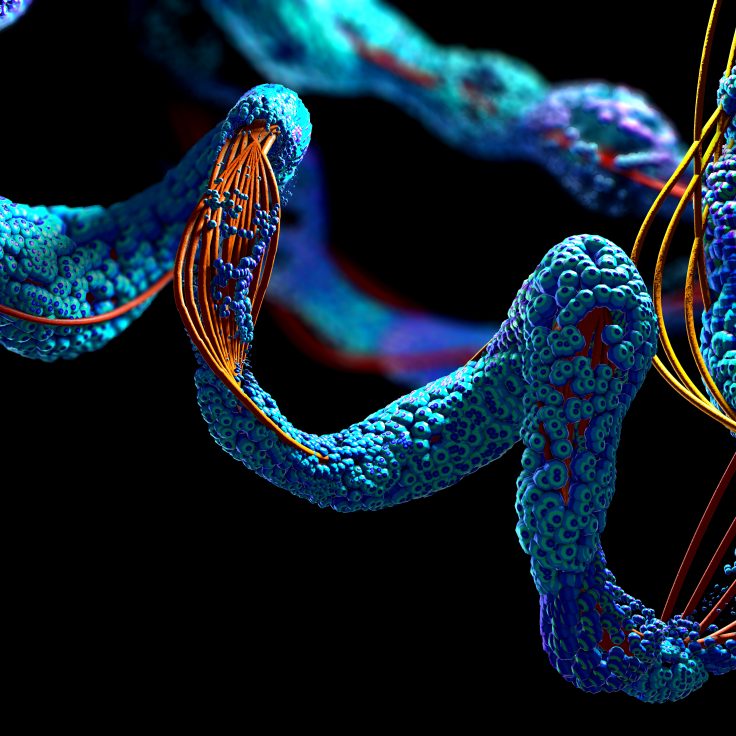Bringing New Life to Marginalized Stories
Researchers are using artificial intelligence to highlight a vital facet of American history
Since the days of the transatlantic slave trade, oral history has preserved the experiences of African Americans in the Gulf South. To bring this vital facet of American history to a broader audience today, researchers from the College of Liberal Arts and Sciences are turning to artificial intelligence.
The team uses computational linguistics techniques to analyze the audio of more than 500 interviews contained within UF’s Joel Buchanan Archive of African American Oral History. The researchers’ efforts will make these stories accessible to scholars and educators through an intuitive, easily navigable web interface.
“This new collaboration will allow our university to share these precious narratives of African American history with K-12 students as well as scholars and communities worldwide,” said Paul Ortiz, professor of history and director of the Samuel Proctor Oral History Program (opens in new tab) (SPOHP).

Sarah Moeller, assistant professor of computational linguistics, will use natural language processing and machine learning to annotate data, transcribe audio files, correct transcripts and identify themes, keywords and topics in the interviews. “With AI, we can address significant bottlenecks,” she said.
By creating an unprecedented database of African American speech, the team looks to advance the field of linguistics. As speech recognition technology becomes more prevalent in areas like healthcare and job hiring, the database will help linguists improve existing technology that may be currently biased against African American speech.
Along with SPOHP and the Department of Linguistics, the team includes collaborators from the George A. Smathers Libraries and the All Y’all Social Justice Collective, a group that supports educators in the South.


